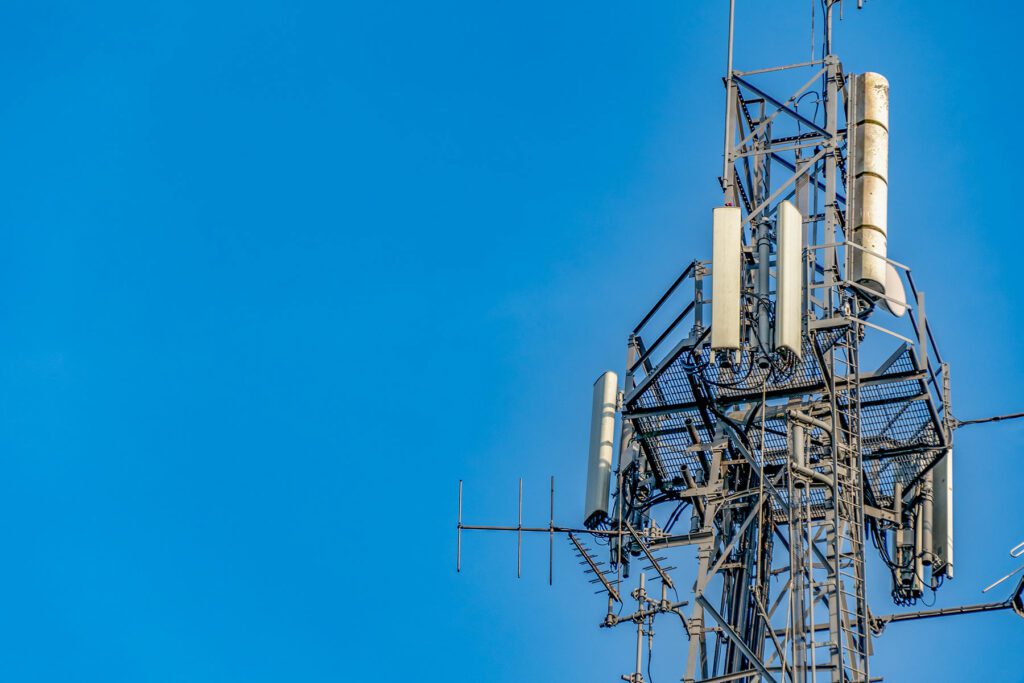Authors
On 20 February 2025, the Upper Tribunal (Lands Chamber) handed down its judgment in Vodafone Limited v Icon Tower Infrastructure Limited and AP Wireless II Limited (Vodafone v Icon).
This case provides important guidance on the strict application of the termination provisions in the Electronic Communication Code (Code).
Background
The Claimant, Vodafone Limited (Vodafone), sought to renew its existing code agreement for a mobile communications site at Steppes Hill Farm.
However, the First Respondent and site provider, Icon Tower Infrastructure Limited (Icon), who had recently purchased the freehold from the Second Respondent, AP Wireless II (UK) Limited, sought the termination of the agreement and the removal of Vodafone’s apparatus.
The Preliminary Issues Icon sought to rely on the following three termination grounds within the Code:
1. Substantial breach: Icon alleged that Vodafone had substantially breached the existing agreement between the parties. In particular, it was alleged that Vodafone had breached the alienation provision (no assignment, transfer etc.) as a result of its relationship with Cornerstone Telecommunications Infrastructure Limited (Cornerstone)
2. Redevelopment: Icon presented the Tribunal with their plan for proposed works to the Vodafone site and a small parcel of neighbouring land (the Orange Site), some of which had already been completed. Icon claimed that their plan demonstrated an intention to redevelop the land which could not be achieved without the removal of Vodafone’s apparatus.
3. Public benefit (Paragraph 21 test): In accordance with paragraph 21 of the Code, a Tribunal can only grant Code rights where:
- the prejudice caused to the site provider by the imposition of the Code agreement is capable of being adequately compensated by money; and
- the public benefit likely to result from the imposition of the Code agreement outweighs the prejudice to the site provider.
Icon’s case was that neither limb of this test was satisfied.
The Upper Tribunal’s Decision
The Upper Tribunal held that Icon failed to establish any of the termination grounds and, therefore, Vodafone were entitled to renew the existing agreement. More specifically:
1. Substantial breach: There had been no breach of the alienation provision as Cornerstone managed the site as Vodafone’s agent.
2. Redevelopment: Icon could not demonstrate the requisite intention to redevelop the land. Broadly, this was because:
- Some elements of the works had already been completed. The Tribunal adopted a literal interpretation of the term ‘intends’, concluding that a person cannot intend to carry out works that have already been completed.
- The proposed demolition of the masts could not constitute redevelopment. The Tribunal clarified that ‘redevelopment’ requires the construction of something new.
The Tribunal also clarified that:
- ‘Neighbouring land’ is capable of including land which is not actually adjacent to the code agreement land. It is a question of proximity to be determined on the individual facts of each case.
- For the redevelopment ground to apply, the site provider must demonstrate an intention to commence the redevelopment work within a reasonable time of the Code agreement coming to an end.3.
3. Public Benefit (paragraph 21 test): To determine the first limb of the paragraph 21 test, the Tribunal assessed whether a renewal of the Code agreement would cause Icon reputational loss. Icon had constructed a new mast on the Orange Site pursuant to planning permission requiring the demolition of Vodafone’s apparatus and, therefore, if the existing agreement was renewed, they would be unable to use the new mast lawfully. Following a detailed analysis of historic case law, the Tribunal held that no reputational loss would occur. The only loss would be a financial one (i.e. a failed investment) which could be adequately compensated by money.
The Tribunal held that no reputational loss would occur. The only loss would be a financial one (i.e. a failed investment) which could be adequately compensated by money.
On the second limb of the test, the Tribunal considered the cost implications to the public of enabling Icon to terminate the agreement. Paragraph 24 of the Code governs the amount of rent payable by an operator. By terminating the agreement, Icon would be able to force Vodafone to migrate to their new mast and, without the limits of paragraph 24, charge higher, unchecked, open market rates. The Tribunal concluded that it was in the wider public interest to ensure that operators benefit from the protection of paragraph 24 as this guarantees the availability of mobile communication facilities to the public at a competitive price.
Comment
The Tribunal adopted a strict interpretation of the termination provisions in this case which is a welcome result for operators. However, site providers can take some comfort from a few small victories in the judgment, such as the broad interpretation of neighbouring land for the purposes of development and clarification on when development work should commence for the purposes of exercising the termination provisions in paragraph 31 of the Code.
Authors
Michelmores Property Development Club
The Michelmores Property Development Club (PDC) is a forum for developers and property professionals to connect and share knowledge. The Club is celebrating its 22nd...
Michelmores Property Awards
Celebrating the best of property, development and construction in the South West The Michelmores Property Awards celebrate the best property, development and construction projects in...





